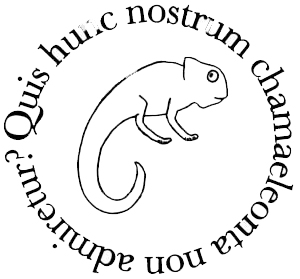Giovanni Pico della Mirandola And The Kabbalah Translated into Latin
|
||
|---|---|---|
|
||
Recovering a forgotten treasure |
||
Among the fundamental documents of the Italian Renaissance, Giovanni Pico’s kabbalistic library is one of the most fascinating and least studied. Due to its huge size and inherent obscurity, this corpus has remained as inaccessible as a fierce stronghold for centuries. The few scholars who have attempted to become acquainted with it have reached only limited and often misleading results. Even if it is generally admitted that the enormous kabbalistic anthology prepared by Flavius Mithridates for Pico represents a precious heritage of European culture, what it really preserves and how it is structured still remain unsettled questions. In this joint project, the Institut für Judaistik of the Freie Universität Berlin and the Istituto Nazionale di Studi sul Rinascimento (Firenze) intend to bring to light the real contents of this central undertaking of the Renaissance and to analyze its broad cultural significance. The research aims to achieve a comprehensive inventory of the bibliographic units preserved in the corpus, thus reconstructing the largest kabbalistic translation ever produced. The steps of such a work are the methodic transcription of the Latin manuscripts, the identification of the beginning and the end of every single work contained in the corpus, the analysis of the Hebrew originals, and, where possible, the identification of the manuscripts actually used by Mithridates. At the same time, the aim is to analyze the use Pico made of such texts in his works as well as the influence that these kabbalistic translations had on the later development of Christian kabbalah. Still mostly unpublished, Mithridates’ translations will be critically edited and fully commented. We consider the project to be an open workshop, with different areas of activities: scholarly meetings, publishing of texts and studies, building of a lexicographic database. The series “The Kabbalistic Library of Giovanni Pico” represents the first result of our efforts. It will offer both editions of single texts and monographic inquiries about specific themes of the corpus. The present volume begins the exploration of Pico’s library with a short but quite important text: ha-Yeri‘ah ha-Gedolah (The Great Parchment) dating from the beginning of the 14th century. Mithridates’ Latin translation is published here for the first time, together with its English translation and the critical edition of the Hebrew original. We are delighted to dedicate the whole project to Eugenio Garin, the brilliant father of contemporary scholarship on Pico. |
||
